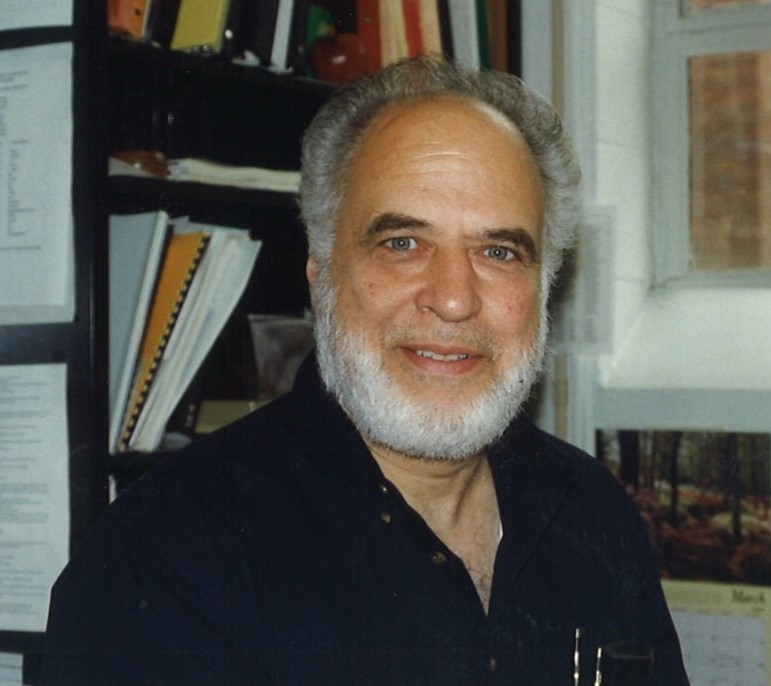Richard Shiavi, Professor of Biomedical Engineering, Emeritus and Professor of Electrical Engineering, Emeritus, has died at the age of 80. Shiavi passed away on Friday, March 31, surrounded by his family.

Shiavi joined the Vanderbilt faculty in 1972. For 20 years, he was active in biomedical engineering research at the Veterans Administration Medical Center in Nashville, Tennessee, studying electromyographic synergy patterns and knee kinematics. He also served as president of the International Society of Electrophysiologic Kinesiology, and was appointed a fellow of the American Institute for Medical and Biological Engineering.
Those who knew Shiavi, particularly at Vanderbilt, described him as a pioneering engineer with a kind heart and excellent racquet ball skills.
“He was well liked by both faculty and students; a pleasant guy who got along with everyone,” said Professor Emeritus Robert Roselli, a former colleague who worked with Shiavi in Vanderbilt’s Department of Biomedical Engineering. “I had a good time playing racquet ball with him.”
Shiavi was a member of the Neurolab Spacelab Mission science team that investigated the effect of microgravity on control of the autonomic nervous system. His other research examined speech correlates of mental state. He wrote chapters for the Handbook of Pattern Recognition and Image Processing and Gait and Rehabilitation and a textbook titled Introduction to Applied Statistical Analysis.
“He was an expert at using signal analysis to analyze electrical signals that were taken from people’s muscles as they walked on a treadmill,” said Professor Emeritus Thomas Harris, who was Shiavi’s colleague and chair in the Biomedical Engineering Department. “He really came up with some of the first ways to quantitatively understand how people were moving.”
Shiavi is survived by his wife Gloria, daughter Maria (Chris) Shiavi-Johnson and his grandchildren Gabriella and Garrett.